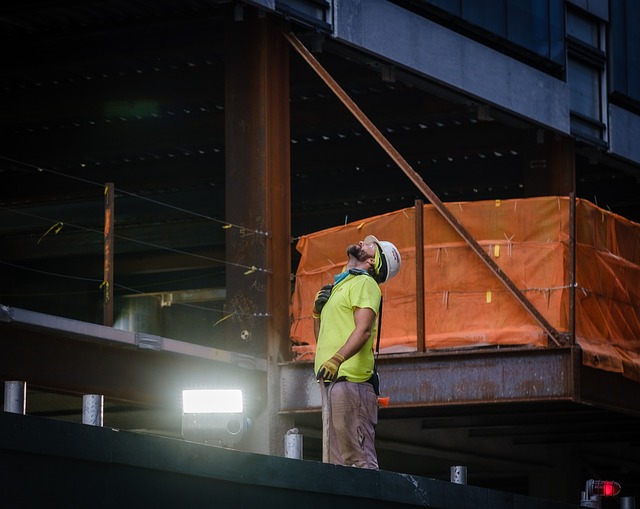Divorce is one of life’s most significant turning points. Alongside the emotional toll and the practical upheaval, it also requires careful attention to your legal and financial affairs. One area that often gets overlooked is your will. Whether you have a simple arrangement or a more complex estate, failing to update your will after a divorce can lead to confusion, conflict or unintended consequences for your loved ones.
In this article, we’ll explain what happens to your will once you’ve divorced in the UK, why updating it is so important and how to go about it. You’ll also find out how to speak to an experienced local divorice lawyer for tailored guidance through a free 30-minute consultation.
What happens to a will after divorce in the UK?
In England and Wales, divorce does not invalidate a will – but it does change how your will is interpreted. Specifically, any reference to your ex-spouse is treated as though they have died. That means if you left them a gift, named them as executor or appointed them as guardian, those provisions are ignored. The rest of the will remains valid, which can create complications.
For example, if your ex-partner was named as the main beneficiary or the only executor, your estate could end up partially intestate. That means a portion of your estate would be distributed according to intestacy laws rather than your instructions. In some cases, this might leave close family members – like children, siblings or a new partner – without the protection you intended.
This legal mechanism is meant to protect people from inadvertently benefiting an ex-spouse but it’s no substitute for writing a new, clear and up-to-date will. The safest way to ensure your estate is distributed the way you want is to update your will as soon as your divorce is finalised.
When should you update your will?
The best time to update your will is after your Final Order is granted. This is the point at which your marriage is legally dissolved. Any updates before this point can still include your spouse as a beneficiary unless you specifically state otherwise. That said if your separation is likely to take some time – or if you are concerned about the risk of death before the divorce is final – it is also wise to consider writing an interim will.
Many people delay updating their wills because it feels like another item on an already overwhelming to-do list. But the reality is that your financial and family situation changes significantly after divorce. You might have sold or transferred property, started a new relationship or taken on sole responsibility for children. A will written during marriage will no longer reflect your new life – and the people you wish to protect in the future.
Taking the time to update your will also gives you a chance to review other important legal documents. If you had a Lasting Power of Attorney appointing your former spouse to make decisions on your behalf, for example, this will remain valid unless you revoke or change it. Guardianship provisions for children, funeral wishes and charitable gifts may also need to be reconsidered.
What should a revised will include?
A revised will following divorce should reflect your current wishes, relationships and financial circumstances. You’ll need to appoint new executors – people you trust to carry out your instructions – as well as update who will inherit your estate. This might include children, new partners, other relatives or close friends.
If you have children from your previous marriage, you may wish to set up trusts or name guardians. It’s important to consider how any future remarriage might affect your estate too. In England and Wales, getting married automatically revokes an existing will unless it includes a clause that anticipates the marriage. Without an updated will, your estate could be distributed in a way that does not reflect your wishes – especially if your new family dynamic includes stepchildren or blended finances.
Reviewing your will with family solicitors allows you to address these nuances in detail. It’s an opportunity to put protections in place that go beyond simply removing your ex-spouse’s name. You might also take steps to reduce inheritance tax or ringfence assets for children from your first marriage. A well-drafted will offers peace of mind that your estate will be managed exactly as you intend, even if your personal circumstances continue to evolve.
What happens if you don’t update your will?
If you don’t revise your will after divorce, parts of it may become invalid or lead to disputes among your family members. In situations where your ex-spouse was the main beneficiary or executor and no replacement is named, the estate may fall partly into intestacy. This means the government’s standard rules would decide who inherits what and those rules may not align with your preferences.
In other cases, family members may challenge the will or make claims against the estate if they believe the document no longer reflects your true intentions. This can result in lengthy legal disputes, added costs and delays in distributing assets. At a time when your loved ones are already dealing with your loss, this is the last thing they need.
By keeping your will up to date, you make things simpler and clearer for everyone involved. You reduce the risk of disputes, avoid unnecessary legal complications and protect the people who matter most to you.
Speak to a divorce lawyer near you about rewriting your will
Divorce is a new chapter in life – and your legal affairs should reflect that. Whether you need to make minor amendments or draft a completely new will, the process doesn’t have to be difficult. With the right legal advice, you can ensure your wishes are recorded clearly and that your assets are passed on according to your new circumstances.
At Osbourne Pinner Solicitors, we specialise in wills, probate and estate planning – helping individuals safeguard their legacy during times of change. As divorce and family law solicitors, we also work closely with clients who are divorcing or have recently separated so we understand the financial and emotional challenges that come with this transition.
We offer a free 30-minute consultation to help you explore your options and decide on the best way forward. Whether you already have a will or need to start from scratch, we’re here to guide you every step of the way.
Contact us today using the form below, call 0203 983 5080 or email [email protected] to speak with a wills and probate solicitor near you.
You can come to our offices in Harrow, Canary Wharf, Piccadilly Circus or Manchester – or speak to us on a video call if you’d prefer a remote consultation.




















